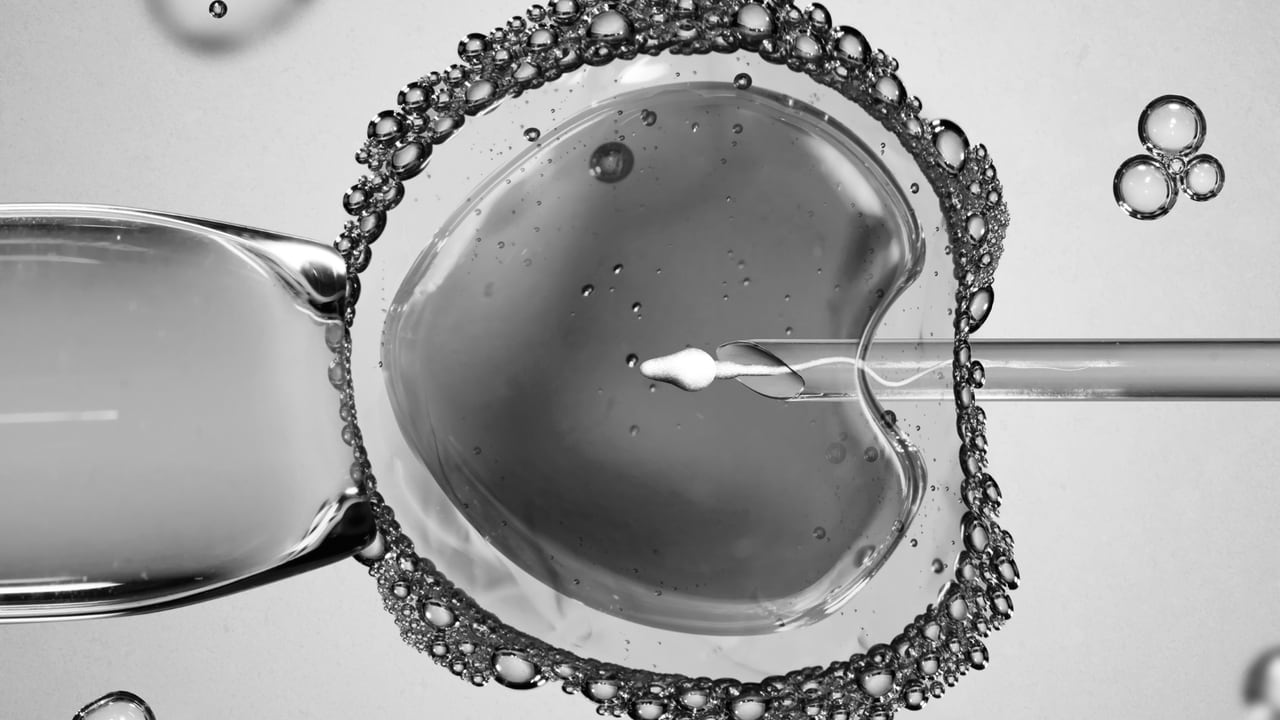Smith: IVF and the Alabama Supreme Court’s scrambled eggs
This is an opinion column.
Sperm aren’t human beings any more than eggs. Put the two together on ice, and the Alabama Supreme Court has determined the biological cocktail is an “extrauterine human.” While I understand the court’s desire to protect human life, the policy implications of the decision are incredibly far reaching and inconsistent with a basic understanding of biology.
The facts of the Center for Reproductive Medicine case are relatively straightforward. Plaintiffs had embryos stored at a cryogenic nursery located in the same building as the Mobile Infirmary Medical Center. A hospital patient wandered into the nursery through an unsecured door, picked up the embryos, and dropped them on the floor causing them to perish. The primary cause of action that the court addressed was the suit for damages under the Wrongful Death of a Minor Act.
Alabama law creates a civil cause of action for the death of a minor child. Since 2011, the Alabama Supreme Court has held that “an unborn child qualifies as a ‘minor child’ under the Act, regardless of that child’s viability or stage of development.”
The intent of the law isn’t ambiguous.
Alabamians have civil recourse against those who negligently kill their born or unborn children. For example, if a drunk driver kills a pregnant mother, Alabama’s legislature has determined that a surviving father should be able to recover civil damages for the loss of both the mother and the child. That is a perfectly reasonable and permissible public policy decision.
Writing for the majority, Justice Jay Mitchell extended that cause of action to cover embryos.
In the interest of full disclosure, Justice Mitchell is both a friend and thoughtful conservative jurist who understands both law and public policy. His majority opinion argues intensely that there is no legal distinction between a child “in utero” and what he labels “extrauterine humans.”
His conclusion ignores both the facts of the case and biology itself.
Implantation in a uterus makes all the difference in the world! Without implantation in a uterus, an embryo will cease development after about two weeks and die. An embryo alone will not, as a matter of scientific fact, ever result in a human being. It is a necessary predecessor to human life, but it will not develop further without a womb. Sperm and eggs don’t enjoy legal protections, and they too are necessary components for human life while each individually insufficient to create it.
Even as the most ardent proponents of life, we shouldn’t deny those realities.
A cryogenically-stored embryo may last for a decade or more before implantation. Again, the implantation in a uterus radically changes the situation. Once that successfully happens, the train has left the proverbial station. Outside human intervention, illness, or other pregnancy complications, that implanted embryo will become a human being.
While we don’t currently possess the medical technology to develop a human completely outside a biological womb, it’s only a matter of time until we reach that milestone. Whether biological or artificial, it’s the same mechanism. Think of it as the soil where a seed is able to grow. Once that happens, legislators can and will decide when that meaningful potential for human life deserves protection.
Justice Mitchell’s opinion unfortunately creates more questions than it answers. The implications for in vitro fertilization (IVF) are already being felt in Alabama, but do lawmakers want women on the hook for what happens to embryos that don’t implant in the uterus naturally? Typically those are shed during the following menstrual cycle. Those embryos aren’t buried consistent with Alabama law. In fact, most women don’t even realize it’s happening.
The Alabama Supreme Court correctly realizes that “these types of policy focused arguments belong before the [l]egislature.” Unfortunately, the court’s expansion of the law in this case created the need for the legislature to provide significant and prompt clarification.
More importantly, the Alabama legislature must rectify the issue for every law currently on the books. For example, what happens when an Alabama taxpayer claims the $300 dependent exemption for multiple cryogenically frozen embryos? When does a human start to age? If a seven-year-old embryo is successfully implanted, is the ensuing child able to vote on his 11th birthday? These questions can’t be left unanswered.
While the legislature appears prepared to competently clarify this issue, the Alabama Supreme Court created an issue where none truly existed.
Smith is a recovering political attorney with four boys, two dogs, a bearded dragon, and an extremely patient wife. He’s a partner in a media company, a business strategy wonk, and a regular on talk radio. Please direct outrage or agreement to [email protected] or @DCameronSmith on X or @davidcameronsmith on Threads.
